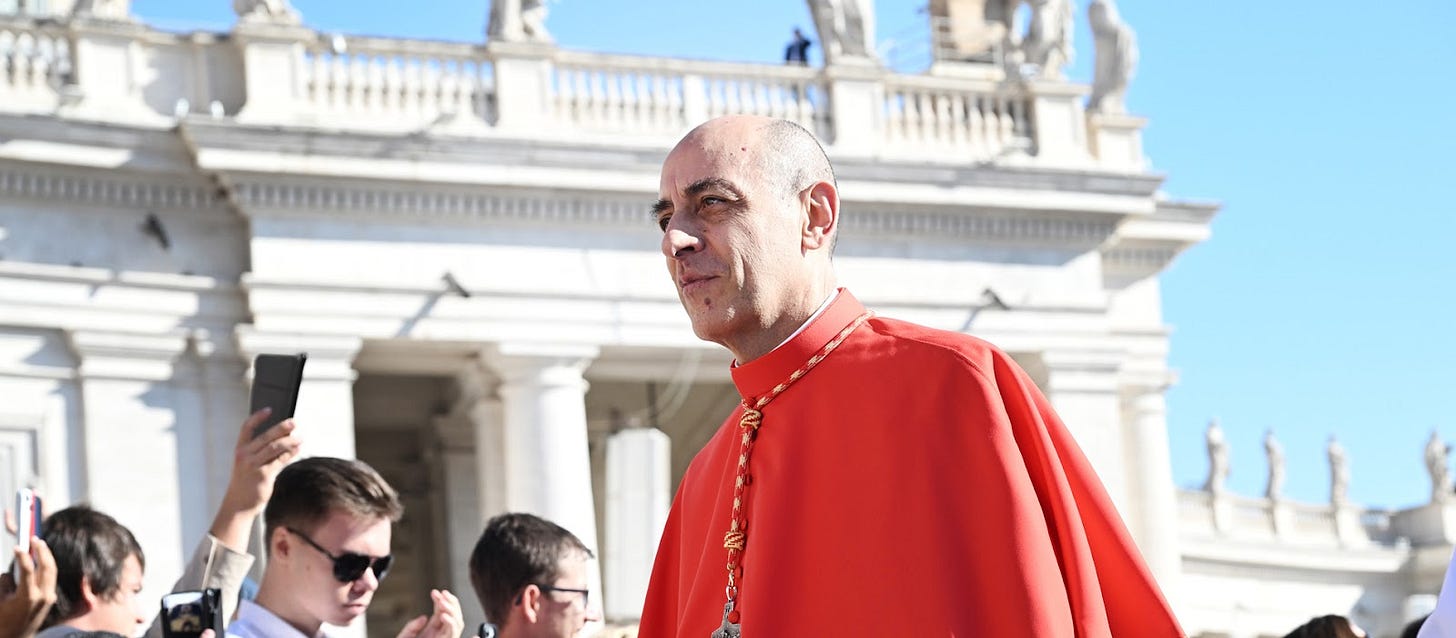‘Cardinal Bigfoot’ and the return of la Suprema?
Six months into the job, the new DDF prefect has made his mark, but he is stepping on a lot of toes in the process
Barely six months into his term as prefect of the Dicastery for the Doctrine of the Faith, Cardinal Víctor Manuel Fernández has certainly made his mark on his office.
In the opening months of his tenure, the cardinal has scarcely been out of the news, and his department has once again become the focus of Vatican affairs.

